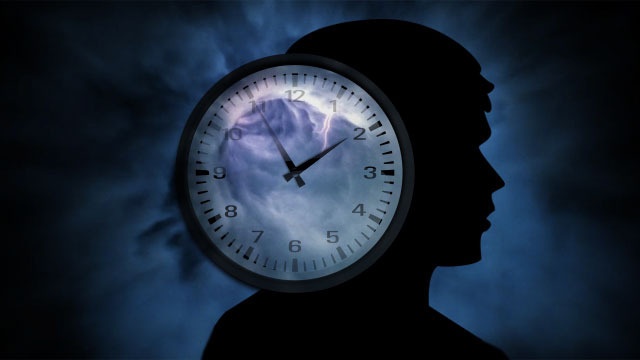

Time seems to slip by quickly as we grow older and things become familiar. This isn’t just an observation, but a result of the way our brains process information. New experiences can be especially important as we age because they take more time to process, making time appear to last longer. Here’s why.
The ticking clock is a lie. It is a fabrication of time that moves forward, steadily, without missing or reorganizing a beat. We think this is how time works, but our brains perceive time very differently. When our brains receive new information, it doesn’t necessarily come in the proper order. This information needs to be reorganized and presented to us in a form we understand. When familiar information is processed, this doesn’t take much time at all. New information, however, is a bit slower and makes time feel elongated. Neuroscientist David Eagleman, who has extensively studied the effects of our brain’s perception of time, believes that this effect makes time fly by faster as we age. His profile in the New Yorker, written by Burkhard Bilger, explains further:
“This explains why we think that time speeds up when we grow older,” Eagleman said-why childhood summers seem to go on forever, while old age slips by while we’re dozing. The more familiar the world becomes, the less information your brain writes down, and the more quickly time seems to pass. “Time is this rubbery thing…it stretches out when you really turn your brain resources on, and when you say, ‘Oh, I got this, everything is as expected,’ it shrinks up.”
When we’re young we may sometimes wish for time to pass quickly, so school will be over and we can enjoy our time off. When we’re old, we may wish time passed more slowly as we have fewer remaining years with which to enjoy our lives. The problem isn’t our age, however, but the processing of familiar information. If we perceive time more slowly when we’re processing the unfamiliar, than the frequent introduction of the unfamiliar could help our perception of time from rapidly shrinking.
While we still have plenty to learn about the way our brains work, if our lives might feel longer and fuller by frequently trying new things it seems like a worthwhile endeavor.
If you have the time and want to read a fascinating look at how our brains perceive time, read David Eagleman’s profile over at the New Yorker.
